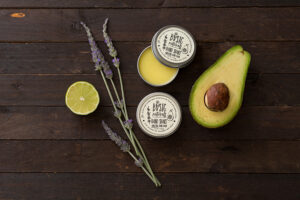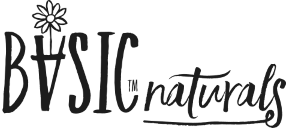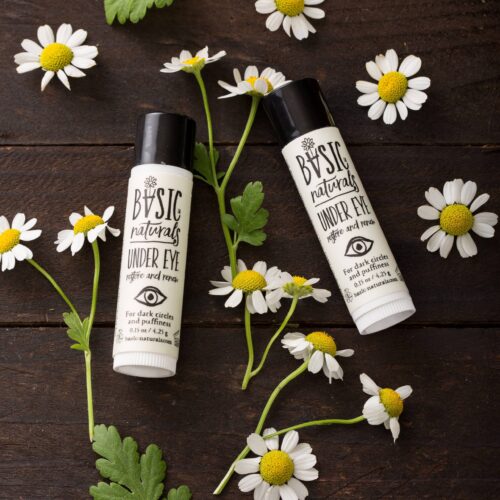Reading Between the Lines: What Is Clean Beauty, and Why Do We Need It?
The word “clean” can be used to describe many aspects of modern life. Clean diet, clean air, clean house, clean hands. So why make life even more complicated by applying it to beauty? And what does it really mean? Recently the term “clean beauty” has become a subject of fierce debate. Frankly, the public’s interest in so-called “clean skincare” began way before it became a marketing term. The public’s initial interest in clean-eating came first. This interest was later directed towards skincare products where parabens, phthalates, artificial ingredients, and other (potentially) harmful ingredients were found in abundance. According to one source, one of the first factors that led to an interest in skincare ingredients was a study that linked phthalates – an ingredient once pervasive in beauty products – to breast cancer in 174 of 200 women. Other trials, such as a class-action lawsuit against Johnson & Johnson in which hundreds of women contended that the use of the brand’s baby powder could be linked to their cancer, led many to take a closer look at what we put on our skin.
Consumers today need to look closely at the ingredients in their makeup and skincare products. It’s important to do so because these particles can pass into the bloodstream and have lasting effects on the body’s chemical composition. What we put on our skin can impact our health, affecting it in many ways ranging from hormonal imbalance, allergic responses, and even chronic illnesses or cancers.

Don’t You Just Open it and Massage It In: Why Is “Clean Beauty” So Unclear?
The rising concern over safety led to heightened interest in two categories: “natural beauty” and “organic beauty.” You might think that these terms could create a sense of safety for those seeking safe skincare options; however, there is no systematic regulation of the use of these labels. Instead, “natural beauty” broadly describes products that use at least some plant-based ingredients, or also products that have a majority of ingredients from nature. These definitions mean that many companies can formulate products in an affordable yet marketable fashion, without adhering to any classification. Similarly, the label organic means that the product contains at least some organic matter. Further, regulations in the skincare industry haven’t been meaningfully updated by the FDA since 1938. These two descriptors: natural and organic, are often applied to products by the skincare brands themselves. Therefore setting the tone for a sea of marketing messages without much real communication or meaning behind them. (We wrote more about these category labels in this November 2021 post.)
One Word That Says Everything and Nothing at All…
At this very moment, “clean beauty” can mean a great many things, often encompassing messaging around natural and organic ingredients. They are also often associated with sustainable and environmentally conscious processes just as much as they are with human health. You might ask, why is all this a problem? Doesn’t the term “clean” help us categorize our lives, make them easier? The truth is, that there is no rigorous or classified set of rules around this term either. According to Joshua Zeichner, Director of Cosmetic and Clinical Research at Mount Sinai Hospital’s Department of Dermatology, “there is no data showing that clean skincare products are any more effective or even any safer than traditional products”. The lack of regulated standards creates a sense of mistrust within the educated public, instead of enhanced confidence in these products. Marketing messaging and unregulated imported goods make it hard to see which “clean beauty” brands are “really in it” because they care.
Basic Naturals Skincare: A Clean Beauty Brand That’s Really In It Because They Care
Clean Beauty, when made responsibly, should empower consumers to spend their money in a way that positively affects their lives and influences the future health of our world. There are several factors that point to Basic Naturals ranking as one of the truly cleanest brands out there. For one, Basic Natural’s ingredients come only from the natural world, no synthetics. When you try Basic Naturals skincare products you will love the beautiful results you see in your skin. It comes down to the concentration and balance of natural oils, cold-pressed flowers, plant-based butter, and other natural ingredients used. You will find no abbreviations, artificial fragrances/preservatives, toxins, or unclear terms on any of Basic Natural’s labels. (*AND All moisturizers are alcohol-free.) These clean products are also constructed thoughtfully, to avoid potentially negative reactions, and to target skincare goals. Basic Naturals connects its products to natural and attainable beauty. “We want you to feel enveloped in our luxurious Mango Body Butter, or the fresh clean feeling you get from using our revitalizing Clean Face Oil Cleanser. We know you will smile when you wake up and see the improvement from using Healthy Face Anti-Aging Moisturizer. It’s not our goal to change you; instead, Basic Naturals wants you to be your most natural and beautiful self, as a result of thoughtful self-care.”
Embrace your true beauty through nature; judge the products you purchase through a lens of curiosity and knowledge and protect your health through your skin.

